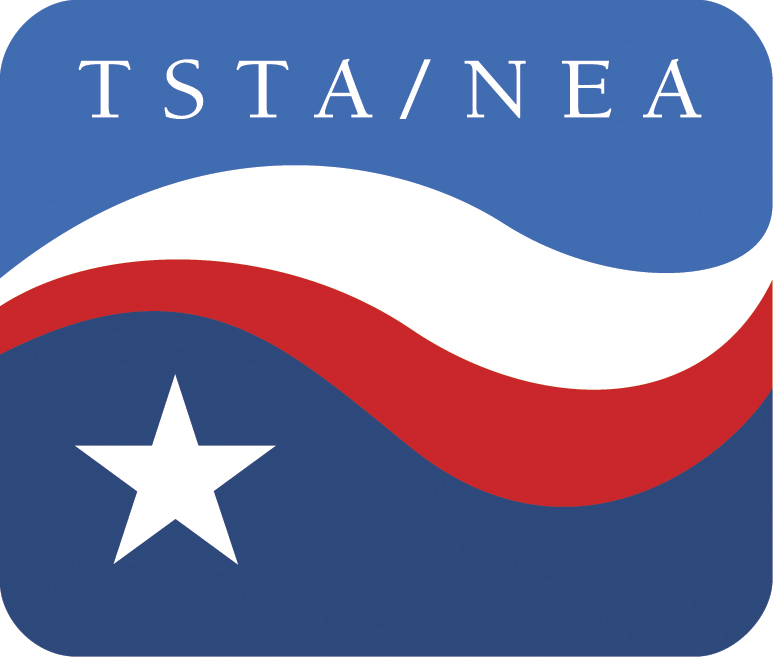New state law weakens oversight of teacher 403(b) investments
A new law, HB2820, which went into effect Sept. 1, will require Texas teachers to keep a closer eye on their 403(b) investment products and, maybe, seek more professional investment guidance. That’s because the new law eliminated the requirement for financial firms to register 403(b) products with the Teacher Retirement System (TRS) and removed a requirement for TRS to impose a cap on product expenses. These 403(b) investment options, much like a 401(k), are tax-sheltered annuity plans available for Texas teachers.
Before the Legislature enacted HB2820 earlier this year, a company certified to sell 403(b) products in Texas had to demonstrate to TRS that its products did not exceed fee caps set by the TRS Board of Trustees and that it had proper certification from a regulating entity (the Texas Department of Insurance, the Texas Department of Banking or the State Securities Board). The previous law also required TRS to certify 403(b) companies and maintain a list of acceptable investment products. Any vendor who met the statutory minimum requirements was allowed to sell in any school district to any employee via a salary withholding agreement.
The old law did not provide TRS with any real enforcement authority beyond revoking the certification of a company that violated the law or TRS rules. If TRS received complaints about any certified company or registered product, it was legally required to refer them to the Texas Department of Insurance, the Texas Department of Banking, or the State Securities Board. Now, HB2820 has weakened oversight even more.
Under HB2820, financial product sellers are no longer required to register with TRS, TRS will no longer have to maintain a list of companies and products, and the 2.75% annual expense cap — which already was considered too high — is eliminated. HB2820 did not remove the requirement that 403(b) plans be licensed by the Texas Department of Insurance, regulated by the State Securities Board and be SEC-compliant, but teacher-investors still better beware of the changes.
Educators are strongly encouraged to do their homework and seek professional advice when determining whether to invest in a 403(b) plan. There may be investment alternatives that work better for many teachers. Remember, teachers are not required to use 403(b) plans. Also, be wary of endorsements. TRS does not and never did give endorsements on 403(b) products. If a vendor claims to be endorsed by any governmental entity, be wary.
New Texas bill means teachers could be better off saving in a Roth IRA than a 403(b) plan
